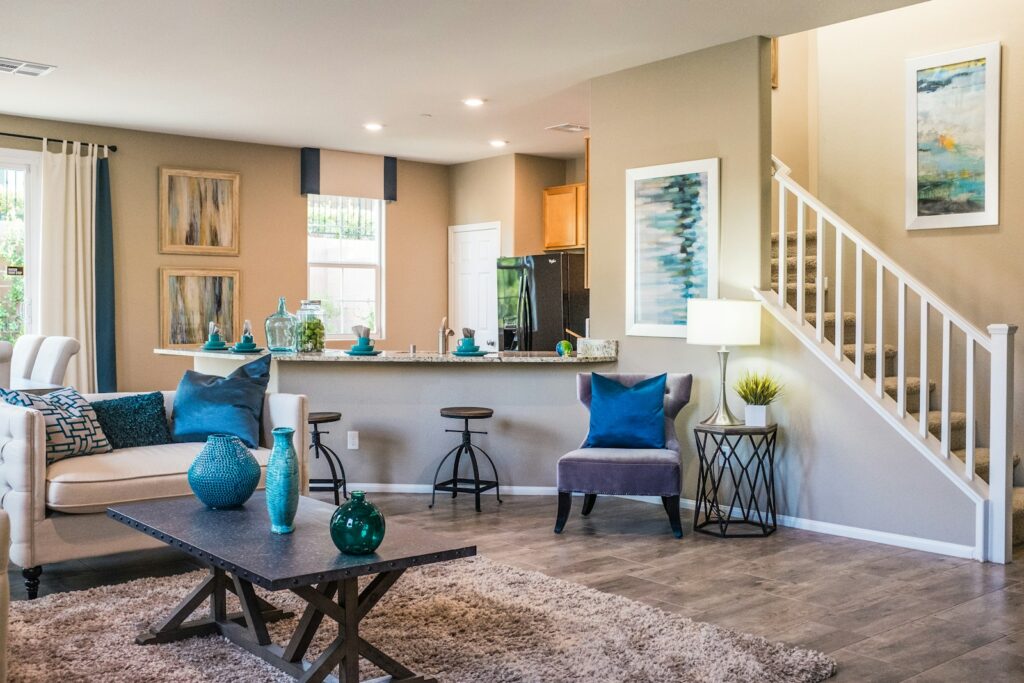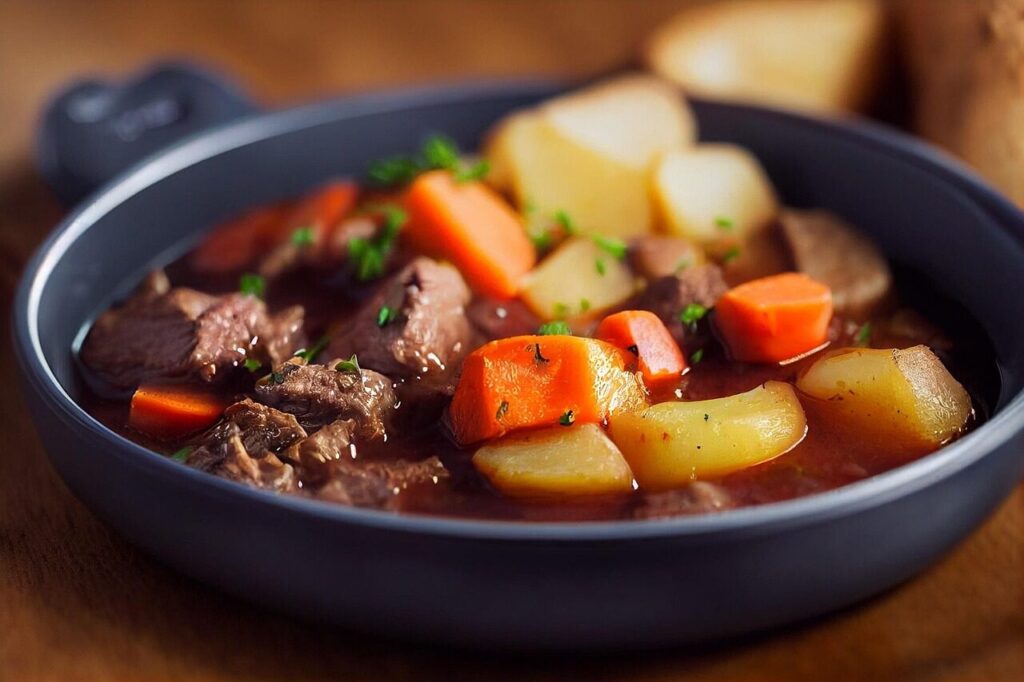Southern hospitality is more than a tradition; it is a way of life that emphasizes warmth, kindness, and a welcoming atmosphere. Homes in the South are often recognized for their inviting ambiance, where guests feel valued and comfortable. From the way meals are prepared to the attention given to small gestures, Southern households take pride in creating environments that foster connection and generosity. These habits are not just for show; they reflect deep cultural values rooted in respect for community and the simple joy of making others feel at home.
1. Warm Greetings for Everyone

In Southern homes, greeting guests warmly is considered essential. A handshake, a smile, or even a friendly wave sets the tone for the visit. Residents often take the time to ask meaningful questions about a guest’s journey or well-being. This attention to detail ensures that everyone feels seen and appreciated. Southern hospitality is about making people feel important and comfortable from the moment they arrive. It extends beyond family and friends to neighbors and even strangers, creating a community atmosphere where kindness is expected and practiced daily.
2. Offering Refreshments Immediately

Serving drinks or snacks promptly is a hallmark of Southern hospitality. Guests rarely wait long before being offered something to eat or drink. This habit demonstrates thoughtfulness and attentiveness to others’ needs. It is common to offer sweet tea, coffee, or homemade treats as a sign of care. By providing refreshments, guests feel welcomed and appreciated. This practice reflects a broader cultural value of generosity and attention to detail. Preparing refreshments also allows hosts to create a relaxed environment where visitors can settle in and enjoy meaningful conversations without feeling rushed.
3. Keeping a Clean and Organized Home

A clean and organized home is a reflection of pride and respect for both the household and its guests. Southern households emphasize tidiness without being overly formal to create a comfortable, inviting environment. Guests are more likely to feel at ease when spaces are uncluttered and welcoming. Regular maintenance and attention to detail show consideration for others. Cleanliness also extends to welcoming smells and well-kept furniture, which enhance the overall experience. This habit communicates that the host values their home and the people who enter it, fostering a sense of warmth and comfort.
4. Thoughtful Conversation and Listening

Southern hospitality values engaging in thoughtful conversation and being a good listener. Hosts often ask about guests’ lives, interests, and well-being, and show genuine interest in the answers. This habit builds trust and rapport and makes visitors feel valued. Listening carefully allows hosts to anticipate needs and respond appropriately. Conversations are polite, warm, and respectful, avoiding controversial topics to maintain a peaceful atmosphere. By focusing on connection rather than just small talk, Southern households create meaningful interactions that leave guests feeling respected and appreciated for their presence and opinions.
5. Personalized Touches for Guests

Adding personalized touches demonstrates care and thoughtfulness. This can include remembering names, offering favorite snacks, or adjusting the environment to make guests comfortable. Small gestures like a handwritten note or a special seating arrangement show that the host pays attention to details. Personalized touches make visitors feel recognized and appreciated beyond general hospitality. They contribute to an atmosphere of warmth and consideration that defines Southern households. These efforts reflect the cultural value placed on making guests feel special and welcome while reinforcing the overall sense of community and connection.
6. Home-Cooked Meals and Sharing Recipes

Food is central to Southern hospitality, and sharing home-cooked meals is a cherished tradition. Preparing meals from scratch shows effort, care, and love for guests. Meals are often hearty and comforting, reflecting local ingredients and family traditions. Sharing recipes allows guests to take a piece of the hospitality home with them. Dining together encourages conversation, bonding, and a sense of belonging. The act of feeding others goes beyond nutrition it is symbolic of generosity and nurturing, creating lasting memories and fostering strong relationships within households and communities alike.
7. Offering Assistance and Support Freely

Southern households often extend help without being asked. This includes assisting with chores, providing directions, or offering emotional support when needed. Generosity and readiness to help reflect the values of community and care. Guests feel secure knowing that help is available if required. Offering support extends to neighbors, friends, and even strangers, creating a network of goodwill. This habit encourages trust and strengthens social bonds. The willingness to assist demonstrates attentiveness and empathy and contributes to a culture of kindness where acts of service are seen as natural expressions of Southern hospitality.
8. Maintaining a Welcoming Atmosphere Year-Round

Hospitality in Southern homes is not limited to special occasions; it is a year-round commitment. Decorations, seasonal touches, and a friendly environment create spaces where guests feel at ease at any time. Hosts cultivate warmth through thoughtful interactions and consistent care of their home. Maintaining this atmosphere reflects pride, respect, and attentiveness. Visitors are more likely to return when they feel consistently welcomed. A welcoming home environment fosters community cohesion and leaves a lasting impression. Southern hospitality is a lifestyle that prioritizes genuine kindness and a consistent effort to make everyone feel valued.
Comments